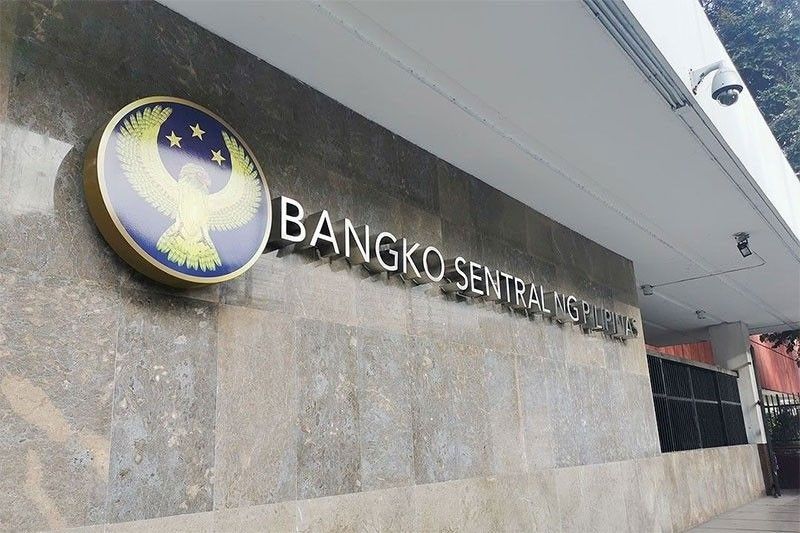BSP expected to remain hawkish

MANILA, Philippines — The likelihood of additional rate hikes has diminished significantly, as inflation eased sharply to a 20-month low of 4.1 percent in November, down from 4.9 percent in October according to ING Bank.
ING Bank senior economist Nicholas Mapa said in a commentary that the Bangko Sentral ng Pilipinas (BSP) has indicated that monetary authorities would likely retain their hawkish bias for some time as the balance of risks remains tilted “substantially to the upside.”
“We expect the BSP to maintain its hawkish leaning, possibly extending its pause well into 2024, although the likelihood for additional rate hikes has diminished significantly,” Mapa said.
For one, rice inflation, the main staple in the Philippines, rose to 15.8 percent year-on-year in November, up from 13.2 percent in the previous month, highlighting vulnerability to supply-side shocks.
“Despite the quickstep lower for inflation, the BSP reiterated that policy settings would need to be retained sufficiently tight until inflation moves convincingly back to the target band of two to four percent,” he said.
Inflation averaged 6.2 percent from January to November this year, still well above the central bank’s two to four percent target range. It peaked at 8.7 percent in January.
BSP Governor Eli Remolona Jr. told reporters Wednesday evening that monetary authorities remain hawkish despite the expected easing of inflation to within the two to four percent target band as early as this month.
The BSP has raised key policy rates by 450 basis points since May 2022 to tame inflation and stabilize the peso. This move brought the benchmark interest rate to a fresh 16-year high of 6.50 percent, the highest since the 7.50 percent recorded in May 2007, up from an all-time low of two percent during the height of the pandemic.
Remolona told reporters that the central bank remains hawkish despite deciding to leave interest rates untouched during the rate-setting meeting on Nov. 16 after a 25-basis-point off-cycle hike on Oct. 26.
“Hawkish means we could either pause or we could hike on Dec. 14 (the last rate-setting meeting of the Monetary Board for the year). The risks are still there so we have to assess the situation. So I think it is premature to say we will start to ease,” he said.
When asked if inflation is likely to fall within the two to four percent target range this month, Remolona replied that it is a possibility in the absence of new supply shocks.
However, the BSP chief pointed out that inflation should consistently stay within the target before authorities consider easing.
“If inflation is within the target range for one month, it’s not enough. It has to be there and it has to look like it will stay there until we can start to consider not being hawkish,” he added.
Remolona said the latest estimates show that inflation should be “quite” low, possibly falling below three percent, while base effects should push the rate to about four percent in the middle of next year.
“That’s what we’re hoping for,” the BSP chief said.
Ruben Zamora, head of institutional investors coverage division at Metropolitan Bank and Trust Co., told reporters that the Monetary Board would start cutting interest rates in the second half of next year after the US Federal Reserve.
“I think second half next year. I don’t think there is a rush to cut. They were very aggressive in hiking. For that level of aggression in hiking rates, it takes a while for this economy to absorb all those hikes, you’ve got to give it time,” Zamora said.
“You don’t want to also keep rates high when inflation is already slowing. There’s that point where you slow the economy too much. You don’t want to undermine growth, we’re still a growing economy,” said added.
Aside from the BSP being data dependent, Metrobank Trust deputy head of Investment Management Division Maria Cristina Gabaldon said the central bank would also look at what the US Fed is doing.
“It’s all about rate differentials. It could impact our local currency. Our thinking is that the Fed will be cutting rates at a faster pace than the Philippines,” Gabaldon said.
- Latest
- Trending






















